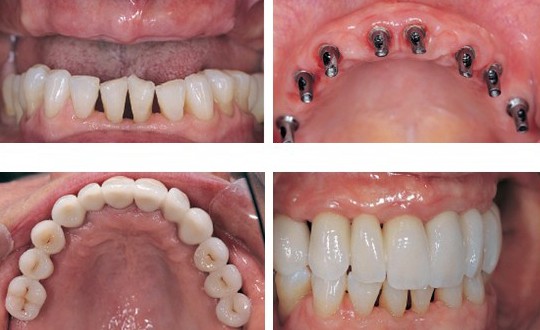Caring for older adults in nursing homes or elderly care facilities is more than providing daily help—it’s about understanding who they are as people. By learning about their personality, life experiences, and preferences, caregivers can create personalized care plans that support both physical and mental well-being. This knowledge also helps spot early changes in behavior or health, allowing quick and thoughtful responses.
A key reminder: Caregivers work with dedication and skill. When challenges arise, family members should respond with patience, respect, and understanding—anger doesn’t help anyone.
Here are practical ways caregivers can better understand and connect with the elderly.
1. Get to Know the Person Behind the Resident
Every older adult has a rich history that shapes how they think, feel, and act today.
- Start with their hometown or birthplace Most people enjoy talking about where they grew up. Ask gentle questions like: “Where were you born?” or “What was your hometown like?” This opens the door to more conversation and helps gather useful information.
- Learn about their life story Find out key details early:
- Where were they born and raised?
- What jobs did they do?
- What was family life like?
- What hobbies or interests did they have?
- How do they view life and the world? Knowing these helps deepen understanding and makes conversations flow naturally.
- Observe daily interactions Pay attention to:
- How they like to be greeted (formal or friendly?).
- How they respond to others.
- What topics make them happy or engaged. These small clues reveal a lot about their personality and preferences.
- Use your eyes and ears every day Don’t rely only on registration forms—they miss the full picture. Watch body language, listen to tone of voice, and notice how they react to different situations. The same words can mean different things depending on tone—warm and calm tones often work best.
- Understand how they see you Observe their expressions and comments about you. Ask colleagues for feedback too. Knowing how the elderly view you helps adjust your approach to build better rapport.
2. Build Trust – The Foundation of Good Care
Without trust, communication stays surface-level, and care feels less effective. Trust grows slowly through consistent, respectful actions.
- Greet them often, even if they don’t respond Simple daily greetings like “Good morning, how are you today?” show: “I care about you and I’m here for you.” Even if there’s no reply at first, keep going. Over time, this consistent kindness helps the elderly feel valued and safe, encouraging them to open up.
- Create chances to say “thank you” to them The elderly often say “thank you” for help, which builds trust. But caregivers can flip this—give them small, easy tasks they can do (with permission), then thank them sincerely. Examples:
- Place a light item on their lap while pushing the wheelchair, then thank them for “helping carry it.”
- After they wipe a small spot on the table, say “Thank you—that was really helpful!” Everyone wants to feel useful. This avoids one-sided gratitude and reduces feelings of helplessness or low self-worth.
- Praise thoughtfully – treat them as adults Avoid childlike praise like “You’re so good/obedient!” This can make them feel belittled or useless. Instead, use adult-to-adult respect. The elderly are mature people who deserve dignity, even when they need support.
Why This Matters
When caregivers truly understand an elderly person’s background, personality, and views, care becomes more personal and effective. It helps prevent problems, improves mood, and supports mental health. Trust makes daily life smoother for everyone.
Caregiving is a partnership built on respect. By listening, observing, and showing consistent kindness, caregivers honor the life experiences of the elderly—and make their days brighter.
If you’re a caregiver, family member, or friend, remember: small, thoughtful actions go a long way. Let’s support our seniors with the empathy they deserve!





